12 Everyday Tasks Americans Used to Do Themselves That No One Bothers With Anymore

There was a time when Americans took pride in doing things on their own. Whether it was fixing a leaky faucet, cooking dinner from scratch, or even writing a heartfelt thank-you note, people handled the basics of life without hesitation. These tasks weren’t just about saving money—they were part of everyday self-reliance, passed down through generations. But in today’s fast-paced world of convenience, apps, and automation, many of these once-routine responsibilities have become relics of the past. With just a few taps on a screen, someone else can do your errands, cook your meals, or clean your house.
So, what happened to the do-it-yourself spirit that once defined American households? Let’s take a nostalgic look back at 12 everyday tasks Americans used to do themselves—now, most people don’t even think twice about outsourcing them.
1. Changing Their Own Oil
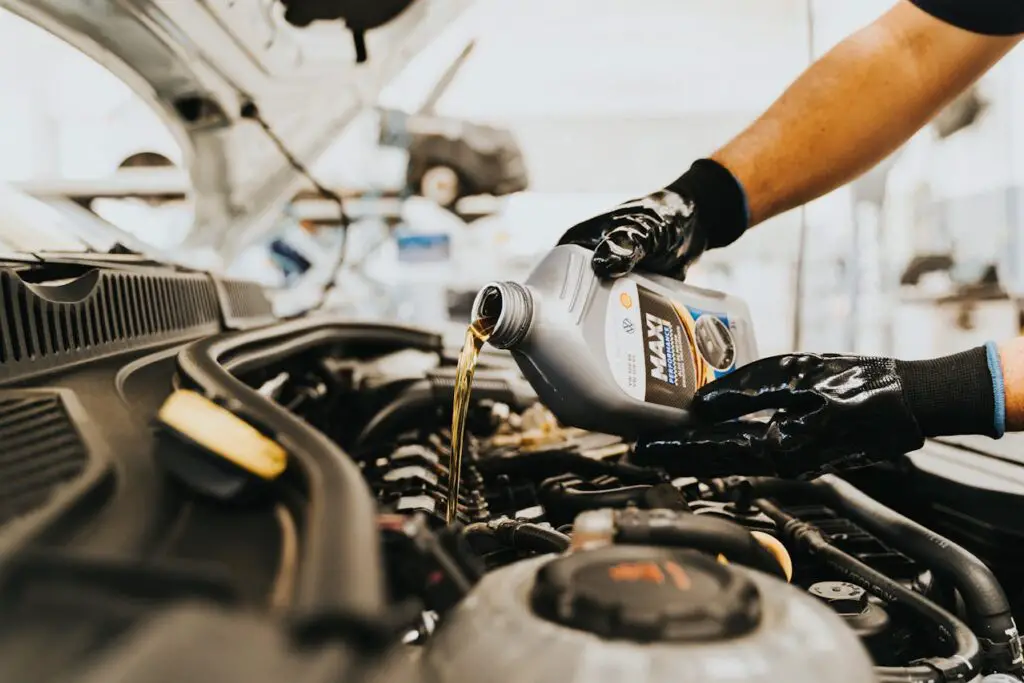
Back in the day, changing your own oil was a basic part of car ownership. Teenagers learned it from their parents, and weekend oil changes were a common sight in suburban driveways. Doing it yourself saved money and gave you a sense of control over your vehicle. Today, however, quick-service oil change shops have made the process so fast and inexpensive that most people don’t bother with the mess. With newer cars becoming more complicated, even the most die-hard DIYers are handing this chore over to the pros.
2. Sewing and Mending Clothes

Need to fix a hem or sew on a button? There was a time when every household had a sewing kit, and people—especially women—were taught basic sewing skills at a young age. Mending clothes was routine, not a novelty. But with the rise of fast fashion and cheap, disposable clothing, sewing has become a dying art. Rather than patching a hole, most people toss the item and buy something new. Even tailors, once a common stop for families, are becoming rarer as clothing repairs fall by the wayside.
3. Balancing a Checkbook

Before online banking and budgeting apps, Americans carefully recorded every transaction in a paper checkbook register. This task helped people stay financially disciplined and avoid overdraft fees. Balancing a checkbook was once considered a basic life skill. Today, digital banking has all but replaced this practice. Most people rely on their bank’s app to monitor spending and never even think to do the math themselves. For younger generations, balancing a checkbook is as foreign as using a rotary phone.
4. Cooking Meals from Scratch
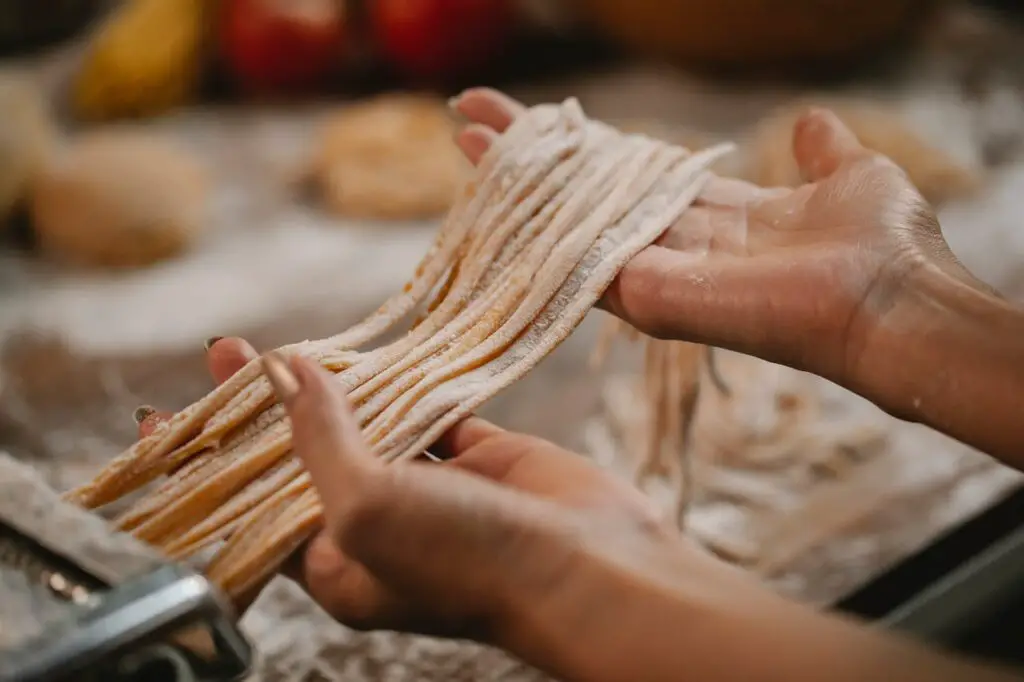
There was a time when the average household cooked every meal from basic ingredients. Home-cooked meals were the norm, filled with family recipes, fresh vegetables, and time in the kitchen. But today, busy schedules and the rise of takeout, delivery, and prepackaged meal kits have changed the game. Even when people do cook at home, it’s often with shortcuts like frozen ingredients or boxed mixes. The idea of making a full dinner from scratch every night now feels like a luxury rather than a routine.
5. Ironing Clothes

Ironing used to be a regular chore in many American households. People pressed everything from dress shirts to bed linens, and a wrinkle-free outfit was a sign of care and professionalism. These days, most people skip the iron altogether. With wrinkle-resistant fabrics, casual dress codes, and affordable dry cleaning or garment steamers, the need to iron has faded. Many younger adults have never even owned an iron, let alone mastered the art of a crisp crease.
6. Fixing Things Around the House

From replacing a light switch to repairing a leaky pipe, basic home repairs were once considered common knowledge. Homeowners took pride in tackling small maintenance issues themselves, armed with a toolbox and maybe a DIY guidebook. Now, even minor tasks often lead to a call to a professional. While YouTube has made tutorials accessible, many people prefer the convenience and peace of mind that comes with hiring a handyman. DIY home repairs are increasingly seen as risky or time-consuming.
7. Washing Their Own Cars
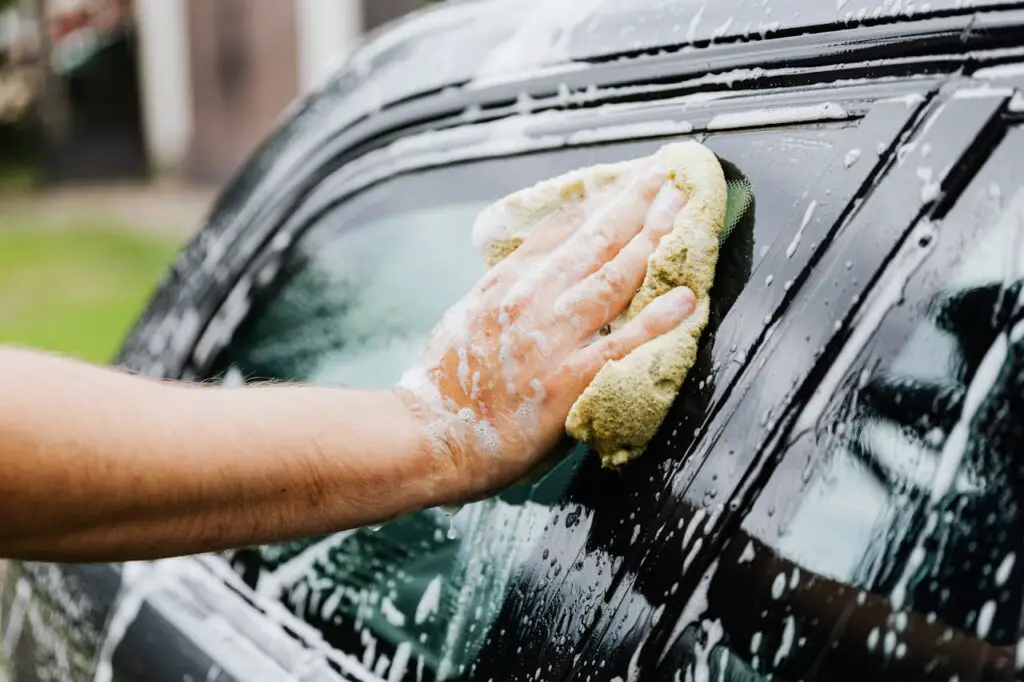
Washing the family car was once a Saturday tradition. Armed with a bucket, hose, and some elbow grease, people enjoyed cleaning their vehicles in the driveway. It was a simple pleasure and a money saver. But with drive-thru car washes popping up on every corner and water restrictions in many urban areas, this ritual has all but disappeared. Today, convenience wins, and most people are happy to pay a few bucks to have someone—or something—else do it.
8. Writing Letters or Thank-You Notes

Handwritten letters and notes were once the gold standard for communication, especially for showing appreciation. Thank-you cards after weddings, birthdays, or job interviews were expected, and letter-writing was an important way to stay in touch. In the age of texting, email, and social media, this form of communication has become rare. Digital messages may be faster, but they lack the personal touch of a handwritten note. Most people now find writing letters outdated, despite its enduring charm.
9. Doing Their Own Taxes

Tax season used to involve pencils, calculators, and long hours reading IRS instructions. Many Americans took pride in filing their own taxes without professional help. But the ever-growing complexity of tax laws and fear of making mistakes have pushed most people toward tax software or paid preparers. While online platforms have made the process easier, they’ve also created a dependency that keeps people from understanding their finances at a deeper level.
10. Growing Their Own Food
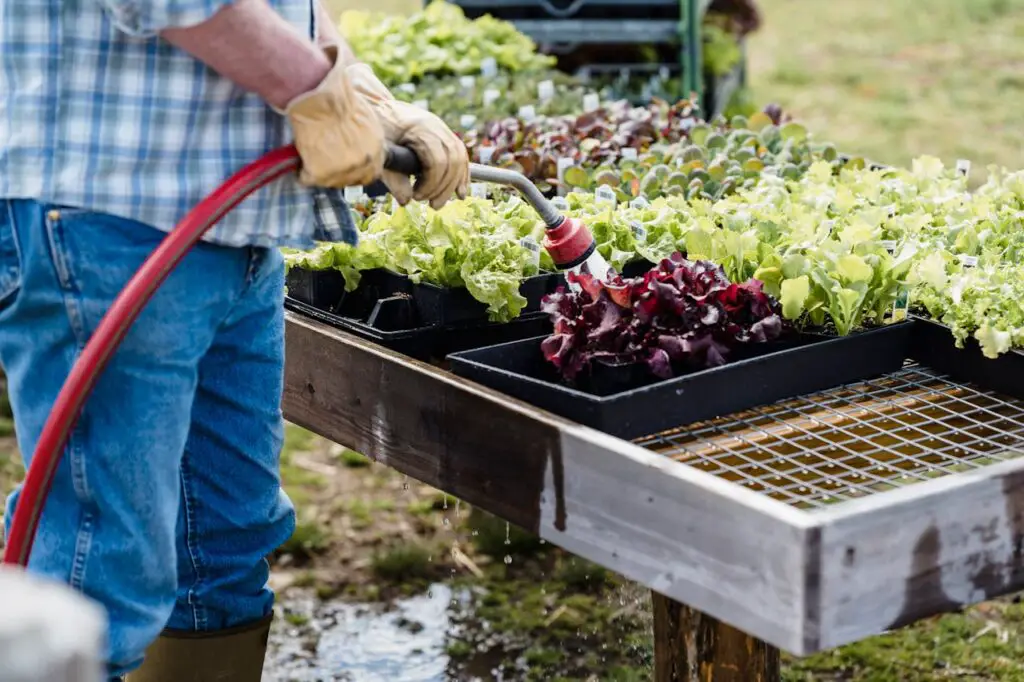
Victory gardens and backyard vegetable patches were once common features of American homes. Growing your own tomatoes, cucumbers, and herbs was a way to save money, eat healthier, and enjoy the satisfaction of self-sufficiency. While there’s been a small gardening resurgence, especially during the pandemic, most people now rely entirely on grocery stores and delivery services for food. For many, gardening is more of a novelty or aesthetic hobby than a means of survival.
11. Navigating Without GPS

Before smartphones told us where to go, people used maps, atlases, and handwritten directions. Planning a road trip or navigating a new city required focus and spatial awareness. Today, GPS apps have eliminated the need to remember routes or understand geography. Most people follow their phone’s instructions without question—and many would be lost without it. As a result, navigation skills are slowly disappearing, and asking someone for directions feels almost quaint.
12. Hosting Guests Without Catering or Delivery
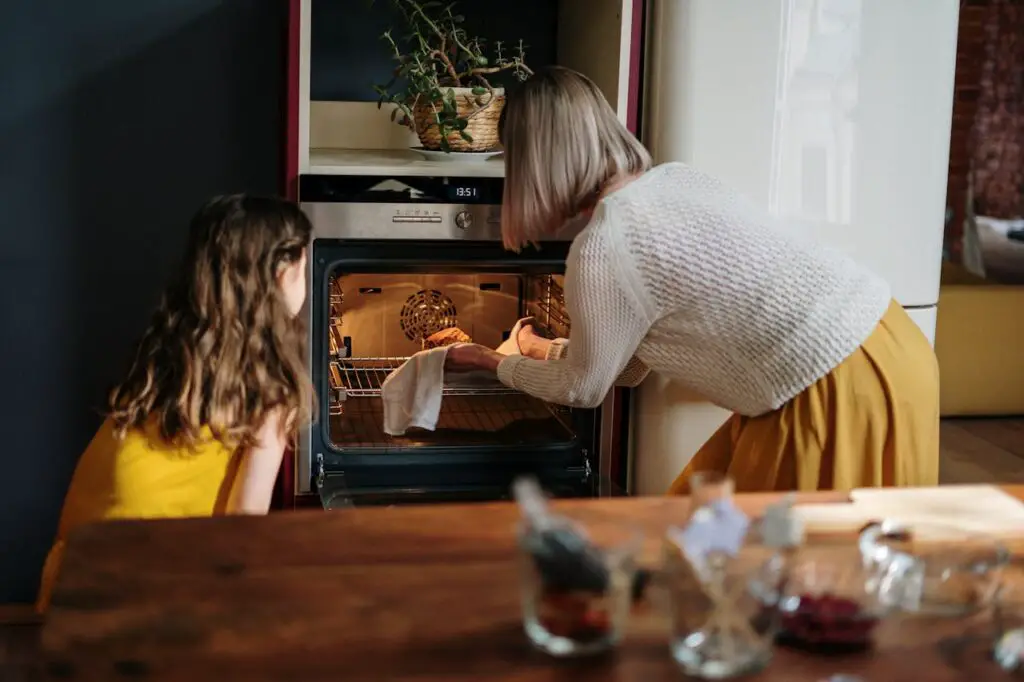
Entertaining used to mean cooking, cleaning, and setting up everything yourself. Whether it was a family dinner or a birthday party, hosts prepared the food, cleaned the home, and created a warm, welcoming atmosphere. Nowadays, people often outsource everything—from catering and cleaning to entertainment and décor. Even casual get-togethers are dominated by takeout and disposable dishes. While this makes life easier, it also removes the personal touches that made hosting so special.
Final Thoughts

Life has certainly become more convenient, but that convenience comes with a cost. These 12 everyday tasks were once seen as essential parts of being a responsible, capable adult. They taught patience, independence, and pride in a job well done. While technology and services have made things faster and easier, they’ve also distanced us from the skills that helped build strong, self-reliant households.
The good news? It’s never too late to bring some of these habits back. Whether it’s learning how to sew a button, cook a family recipe from scratch, or fix a small leak, taking the time to do things for yourself can save money, build confidence, and reconnect you with a simpler, more intentional way of living.
Leave a Reply